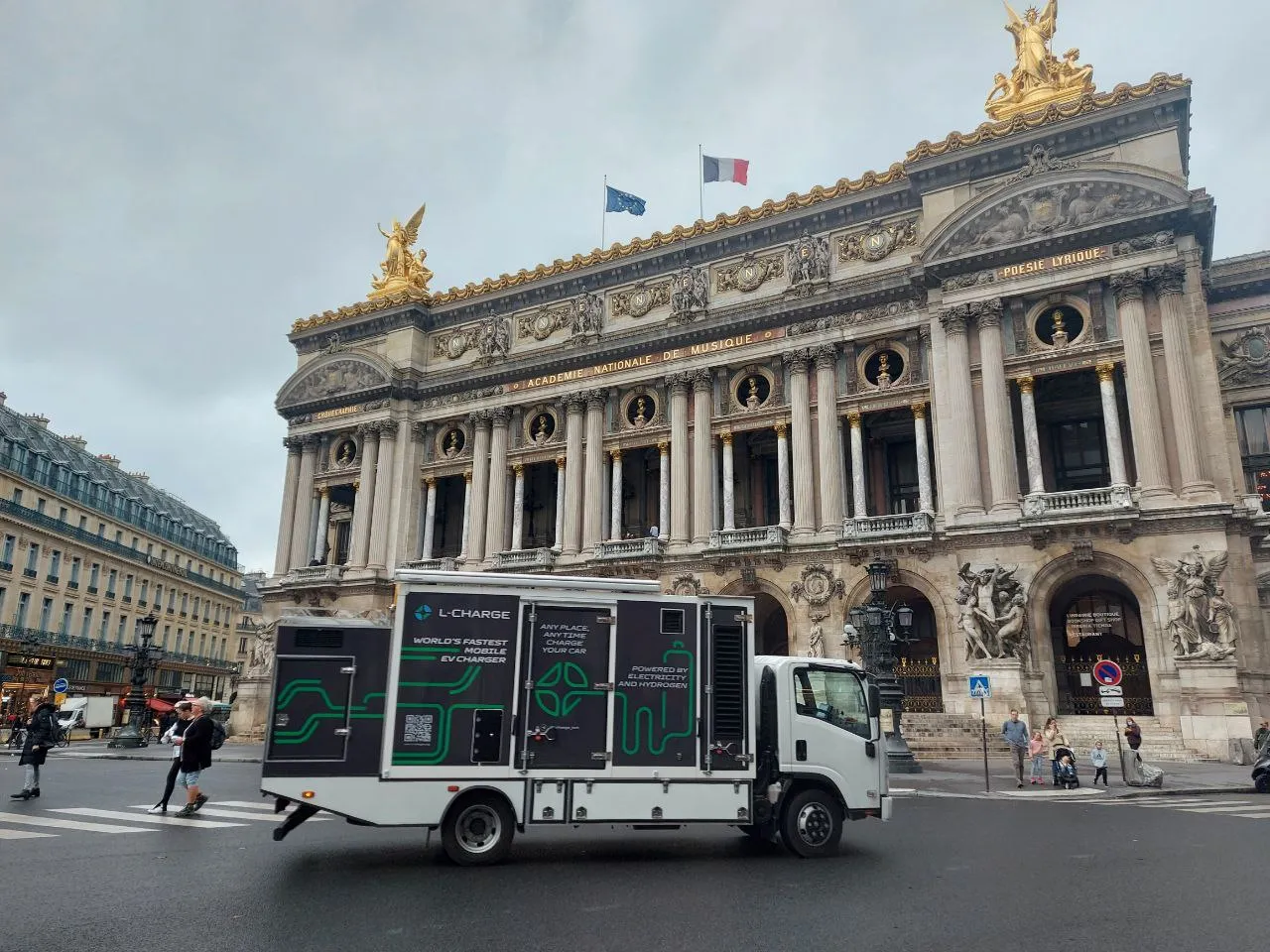The first electric bus (eBus) to be used in Austria’s capital city of Vienna has been put into service by the municipal transport authority, Wiener Linien, the first operator in Europe to implement and integrate eBuses into scheduled service. Designed and developed by Siemens Rail Systems and bus manufacturer Rampini, the vehicle is the first of twelve with which Wiener Linien intends to move two of the city's bus services to electric power by the summer of 2013. The vehicle’s total energy requirement is st
October 31, 2012
Read time: 2 mins
The first electric bus (eBus) to be used in Austria’s capital city of Vienna has been put into service by the municipal transport authority, 4203 Wiener Linien, the first operator in Europe to implement and integrate eBuses into scheduled service.
Designed and developed by189 Siemens Rail Systems and bus manufacturer Rampini, the vehicle is the first of twelve with which Wiener Linien intends to move two of the city's bus services to electric power by the summer of 2013.
The vehicle’s total energy requirement is stored in the onboard lithium ferrite battery system, which also supplies the heating and air-conditioning systems. The battery charger is installed on the bus, which recharges at each bus stop via an elevating, roof-mounted pantograph. Battery capacity is 96 kilowatt hours, and the batteries can be recharged within fifteen minutes, and provide a range of between 120 to 150 km. Energy regained from braking is regenerated through the three-phase motors, and fed back into the batteries. The batteries are fully recharged over night when the bus is stationery in the depot.
The compact low-floor bus can carry up to 40 passengers, and its top speed is limited to 62 kilometers per hour. The bus itself does not emit any CO2, and is almost silent. Siemens claims eBuses require 25 percent less energy than petrol or diesel-powered buses, are less expensive to maintain and are completely emission-free in operation.
Designed and developed by
The vehicle’s total energy requirement is stored in the onboard lithium ferrite battery system, which also supplies the heating and air-conditioning systems. The battery charger is installed on the bus, which recharges at each bus stop via an elevating, roof-mounted pantograph. Battery capacity is 96 kilowatt hours, and the batteries can be recharged within fifteen minutes, and provide a range of between 120 to 150 km. Energy regained from braking is regenerated through the three-phase motors, and fed back into the batteries. The batteries are fully recharged over night when the bus is stationery in the depot.
The compact low-floor bus can carry up to 40 passengers, and its top speed is limited to 62 kilometers per hour. The bus itself does not emit any CO2, and is almost silent. Siemens claims eBuses require 25 percent less energy than petrol or diesel-powered buses, are less expensive to maintain and are completely emission-free in operation.









